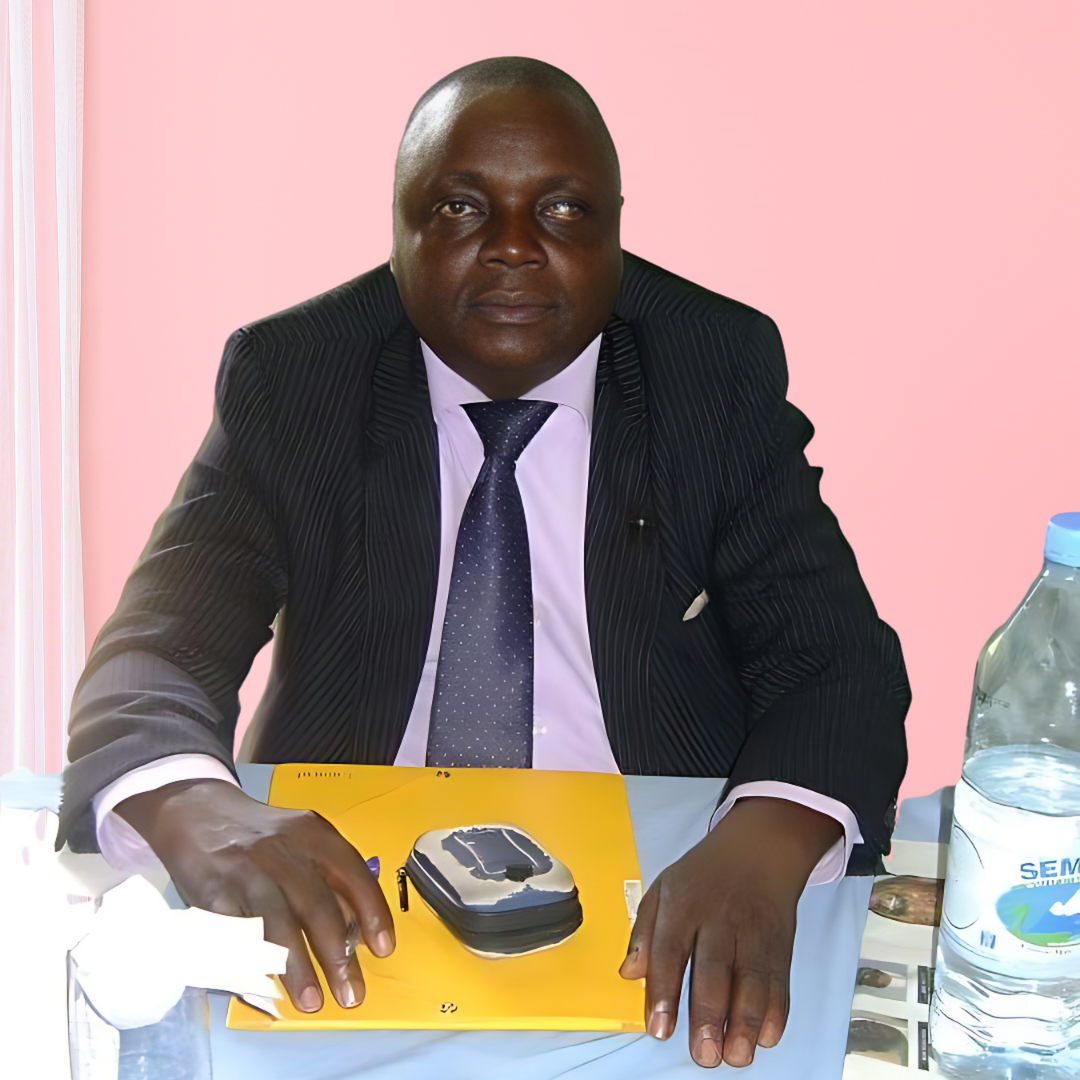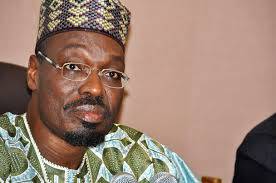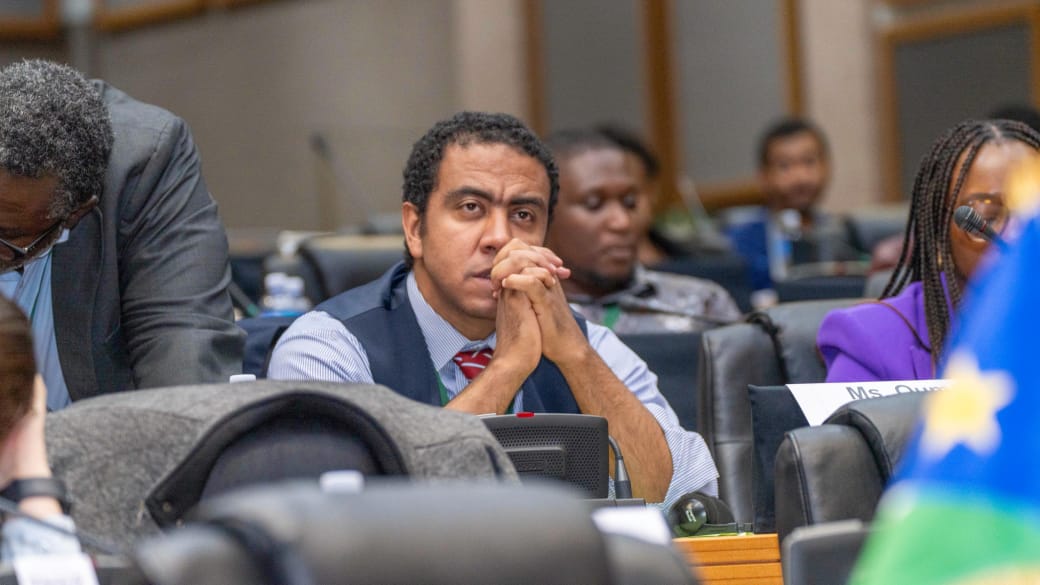Burkina Faso, Mali, and Niger Confirm Withdrawal from ECOWAS
In a significant geopolitical shift, the military governments of Burkina Faso, Mali, and Niger have confirmed their decision to withdraw from the Economic Community of West African States (ECOWAS). This move, announced on December 13, 2024, marks a pivotal moment in the region’s political landscape.
Background of the Withdrawal
The decision to withdraw from ECOWAS comes after a series of military coups in the three countries, which have led to strained relations with the regional bloc. ECOWAS had imposed sanctions and threatened military intervention following the coups, which took place in Mali in 2020, Burkina Faso in 2022, and Niger in 2023. The three countries have accused ECOWAS of being subservient to foreign powers, particularly France, and failing to address the security challenges posed by jihadist insurgencies in the Sahel region.
Official Announcement
In a joint statement, the governments of Burkina Faso, Mali, and Niger declared their decision to withdraw from ECOWAS as “irreversible.” The statement emphasized their commitment to pursuing a process that serves the best interests of their peoples. The three countries have also formed a new regional bloc, the Alliance of Sahel States (AES), to foster closer cooperation and address common security and economic challenges.
Impact on Regional Stability
The withdrawal of Burkina Faso, Mali, and Niger from ECOWAS is expected to have significant implications for regional stability and economic integration. ECOWAS, established in 1975 to promote economic cooperation and integration among West African states, has been a key player in maintaining regional stability. The departure of these three countries could disrupt the free movement of people and goods, as well as affect the region’s common currency, the CFA franc.
ECOWAS Response
ECOWAS has expressed its commitment to finding a negotiated solution to the political impasse. The bloc has not yet received formal notification of the withdrawal and has reiterated the importance of maintaining unity and cooperation among member states. Nigerian President Bola Tinubu, who currently chairs the Authority of Heads of State and Government of ECOWAS, has emphasized the need for diplomacy and dialogue to reintegrate the three countries into the regional bloc.
Future Prospects
The formation of the Alliance of Sahel States (AES) by Burkina Faso, Mali, and Niger signals a shift towards greater regional autonomy and cooperation among the Sahelian countries. This new bloc aims to address the unique security and economic challenges faced by the Sahel region, which has been plagued by jihadist insurgencies and political instability. The success of AES will depend on its ability to foster effective cooperation and deliver tangible benefits to its member states






